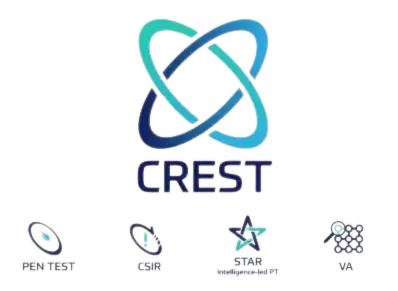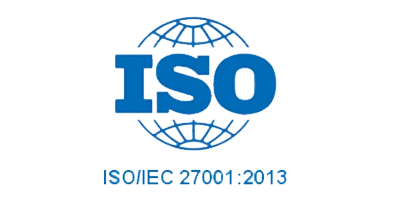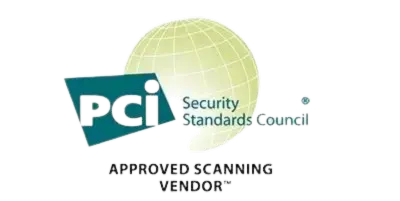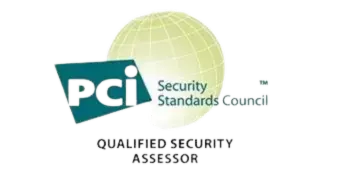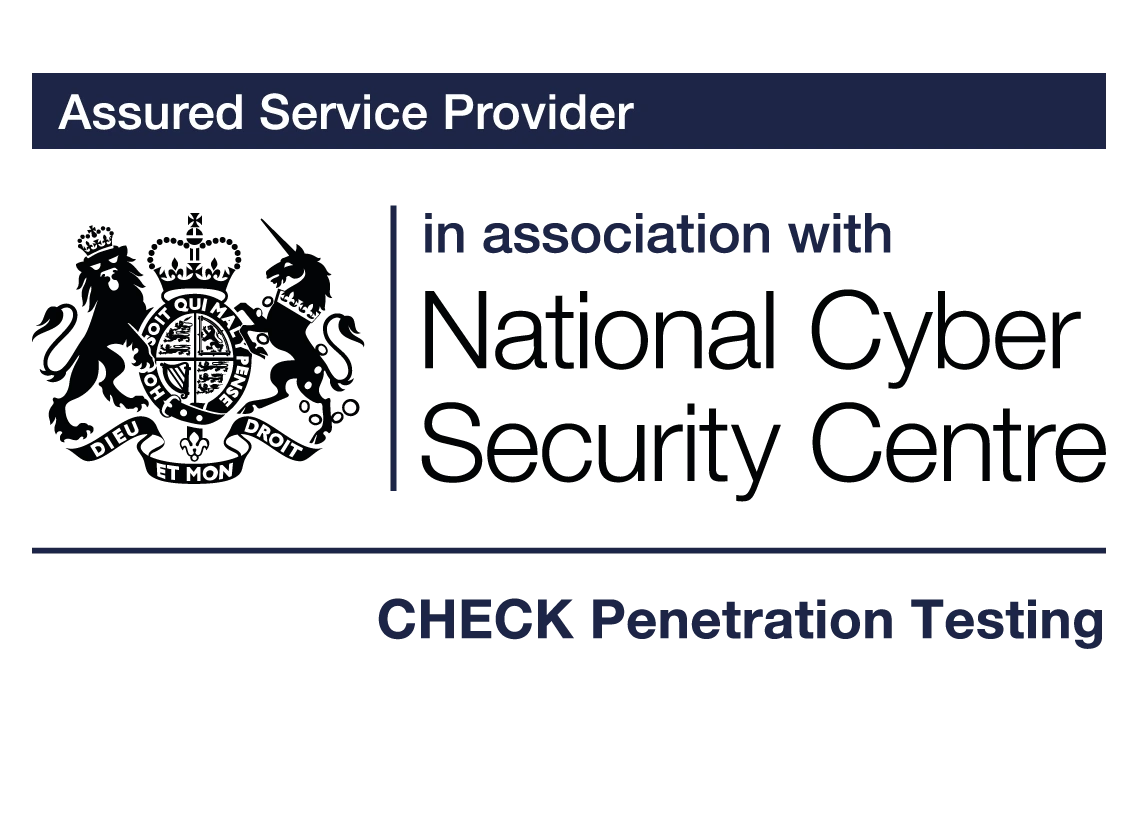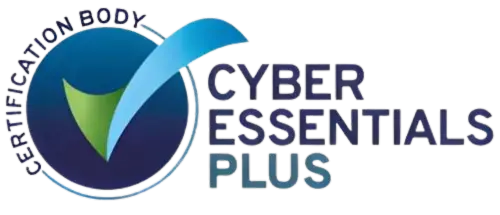eDisclosure / eDiscovery
The ProCheckUp Forensic Services team of highly skilled professionals leverage the know-how and support of our team of specialists in digital data to help our clients address the complexities associated with eDisclosure (eDiscovery in the United States or eDisclosure in the United Kingdom) and information governance through the delivery of a comprehensive set of services and solutions. Electronic discovery used in legal proceedings such as litigation, government investigations, or Freedom of Information Act requests, focused on information that is in electronic format (often referred to as Electronically Stored Information or ESI). Electronic discovery is subject to rules of civil procedure and agreed-upon processes, often involving review for privilege and relevance before data are turned over to the requesting party. We deliver solutions to complex electronic discovery challenges our clients face and we collaborate with our clients to assist with the preservation, collection, processing, hosting and production of data subject to discovery.
Examples of ESI include emails, instant messages from peer-to-peer apps, electronic documents, website content and accounting databases ESI can also encompass raw data or metadata, which our expert investigators can analyse for hidden evidence.
ESI is critical to successfully resolving a dispute or bringing the perpetrator of a criminal act to justice. Ensuring the integrity of the information is just as vital so that it can be used in court. Our dedicated experts specialise in understanding exactly where the information might be located, as well as preserving the integrity of the information.
Once litigation is foreseen, it is the legal duty of the company to lock down and preserve the relevant electronically stored information (ESI) and begin the process of making eDiscovery enquiries.
We can also conduct advanced digital forensics analysis on networks, RAM memory, mobile devices and video forensics. We also offer advanced decryption services, advanced file and system recovery, and forensic tape analysis & recovery.
The process of identifying and collecting the relevant ESI can be a time-consuming and expensive task, unless you have in-house expertise. Most information critical to a case can be stored in a multitude of formats and on a range of devices. ProCheckUp's extensive experience in digital forensics underpins our eDiscovery services. Identifying and accessing this information with forensic level integrity is a specialist task, one driven carefully by a detailed, multi-step process..
The phases for eDisclosure service are:
Phase one - Identification
The identification phase is when potentially responsive data are identified for further analysis and review.
Phase two - Preservation
A duty to preserve begins upon the reasonable anticipation of litigation. During preservation, data identified as potentially relevant is placed in a legal hold. This ensures that data cannot be destroyed.
Phase three - Collection
Once data have been preserved, collection can begin. Collection is the transfer of data from a company to their legal counsel, who will determine relevance and disposition of data.
Phase four - Processing
During the processing phase, native files are prepared to be loaded into a document review platform. Often, this phase also involves the extraction of text and metadata from the native files.
Phase five - Review
During the review phase, documents are reviewed for responsiveness to discovery requests and for privilege. Different document review platforms can assist in many tasks related to this process, including the rapid identification of potentially relevant documents, and the culling of documents according to various criteria (such as keyword, date range, etc.).
Phase six – Production
Documents are turned over to opposing counsel, based on agreed-upon specifications.
At the end of the engagement, the client is provided with a final deliverable, consisting of a full technical report detailing the evidence and their significance, timeline of related events, recommendations for further processing, and a management-level summary. Further deliverables can be arranged for clients including continuous support, events and training.
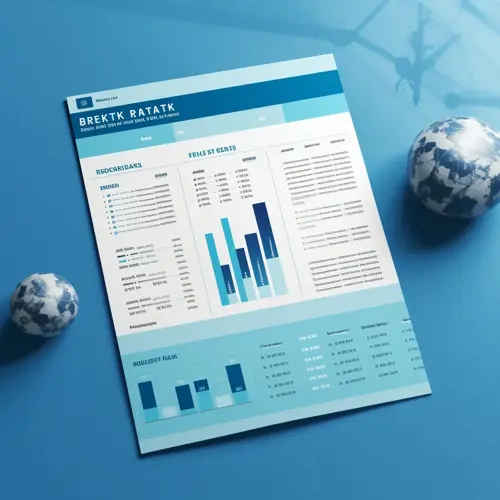
For More Information Please Contact Us

ACCREDITATIONS
